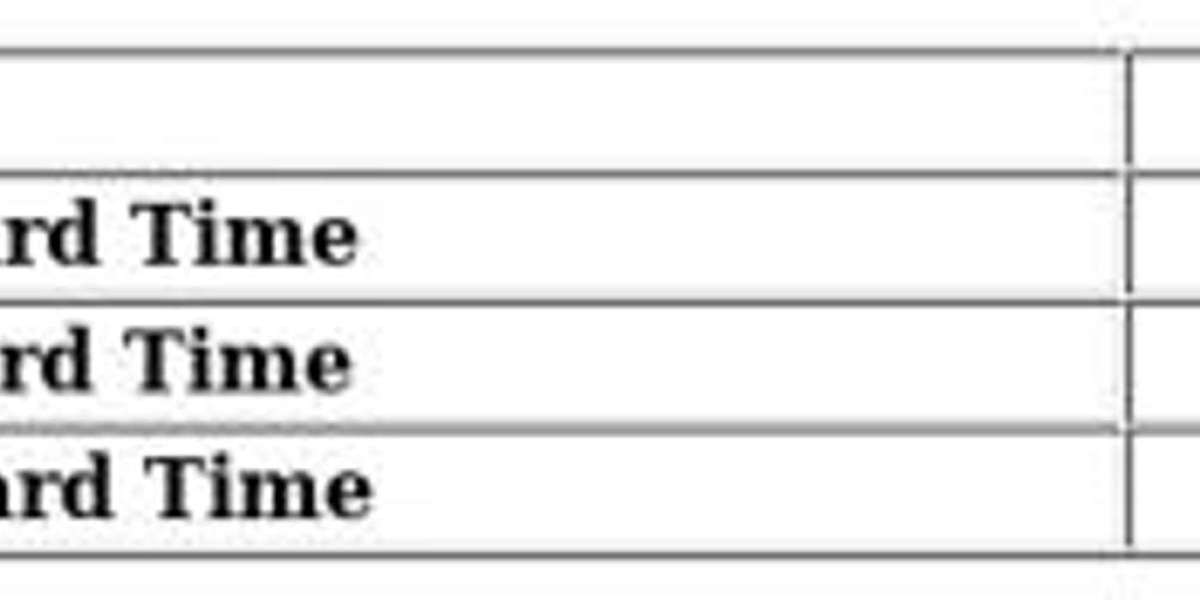If you’ve ever wondered how big businesses manage their customers so smoothly, the answer often lies in three little letters: CRM, or Customer Relationship Management. CRM software isn’t just a fancy database—it’s a game-changer that helps companies keep track of their customers, streamline operations, and deliver personalized experiences. But here’s the catch: not all CRM solutions are created equal, and choosing the right CRM development company to build or customize your software is critical.
This guide will walk you through the process of finding the perfect CRM development partner for your business needs.
Why Do You Need a CRM Development Company?
Before diving into how to choose a CRM development company, let’s talk about why you need one in the first place. Off-the-shelf CRM solutions like Salesforce or HubSpot might work for some businesses, but they often come with limitations:
Generic features: Pre-built CRMs might not fit your unique processes.
Scaling issues: As your business grows, these tools may struggle to keep up.
High costs: You could end up paying for features you don’t need.
A CRM development company can tailor a solution specifically for your business. Whether you’re running a small e-commerce store or managing a global enterprise, they’ll design software that aligns with your goals.
Step 1: Define Your Needs
Imagine you’re shopping for a car. You wouldn’t walk into a dealership without knowing whether you need a compact sedan or a heavy-duty truck, right? The same goes for CRM.
List your pain points: Are you struggling to track leads? Do you need better analytics?
Set goals: Define what you want the CRM to achieve, like improving sales efficiency or automating customer service.
Identify integrations: Do you need the CRM to work seamlessly with your email marketing tool, website, or ERP software?
Pro Tip: Include your team in this process. A CRM is something everyone—from sales reps to customer service agents—will use. Their input will ensure the software addresses real needs.
Step 2: Research Potential Companies
Finding the right CRM development company is a lot like dating. You need to vet them, understand their strengths, and see if there’s a match.
Here’s where to start:
Google Search: A quick search for "top CRM development companies" can give you a list of options.
Clutch and GoodFirms: These platforms rank software companies and include client reviews.
Word of Mouth: Ask for recommendations in your professional network or business forums.
Step 3: Evaluate Their Expertise
Not all CRM development companies are built the same. Some may specialize in enterprise solutions, while others cater to startups. Look for the following:
Industry Experience: Have they worked with businesses similar to yours? For example, a CRM for a retail store will be vastly different from one for a hospital.
Tech Stack: Are they proficient in modern technologies like cloud-based CRMs, AI integrations, and mobile-friendly designs?
Case Studies: Review their portfolio to understand their capabilities and the results they’ve delivered.
Real-Life Example: Imagine you’re running a fitness studio. You find a CRM development company that recently built a system for another gym chain, complete with automated membership renewals, class scheduling, and personalized workout reminders. That’s a good sign they understand your industry!
Step 4: Assess Communication Skills
A great CRM development company isn’t just good at coding—they’re good at listening. Look for:
Responsiveness: Do they reply to your emails or calls promptly?
Clarity: Can they explain technical concepts in a way that makes sense to non-techies?
Regular Updates: Will they keep you informed during the development process?
Personal Anecdote: I once worked with a CRM development team that had weekly video calls to show progress. They used plain English (no tech jargon!) and even shared short demo videos. It made the entire process smooth and transparent.
Step 5: Check for Scalability
Your business isn’t static, so your CRM shouldn’t be either. Ask the company:
Can the CRM grow with your business?
Is it easy to add new features down the line?
Will it handle increasing amounts of data and users?
Example: A small bakery might only need a simple customer loyalty program now, but in five years, they could need inventory management and employee scheduling features. Choose a CRM company that can scale with you.
Step 6: Compare Pricing Models
Custom CRMs can range from affordable to jaw-droppingly expensive. The key is finding a solution that offers value for money. Ask for:
Transparent Pricing: Get a detailed quote, including development, maintenance, and potential upgrades.
Flexibility: Do they offer payment plans or phased development?
Hidden Costs: Watch out for extra charges for training, support, or hosting.
Pro Tip: A higher price doesn’t always mean better quality. Compare quotes from multiple companies, but don’t sacrifice quality for the sake of saving a few bucks.
Step 7: Read Reviews and Testimonials
Customer reviews are your crystal ball. They reveal what it’s really like to work with a CRM development company.
Look for consistency: Are clients praising the same things, like reliability or innovation?
Watch for red flags: Complaints about delays or poor communication are major warning signs.
Ask for references: A good company won’t hesitate to connect you with past clients.
Step 8: Test Their Support System
Even the best CRM software will have hiccups. That’s why a reliable support system is non-negotiable.
Response Time: How quickly do they address issues?
Support Channels: Do they offer email, chat, or phone support?
Training: Will they train your team to use the software effectively?
Final Thoughts
Choosing the right CRM development company is an investment in your business’s future. It’s not just about finding a team of skilled developers—it’s about building a long-term partnership with people who understand your goals and are committed to your success.








